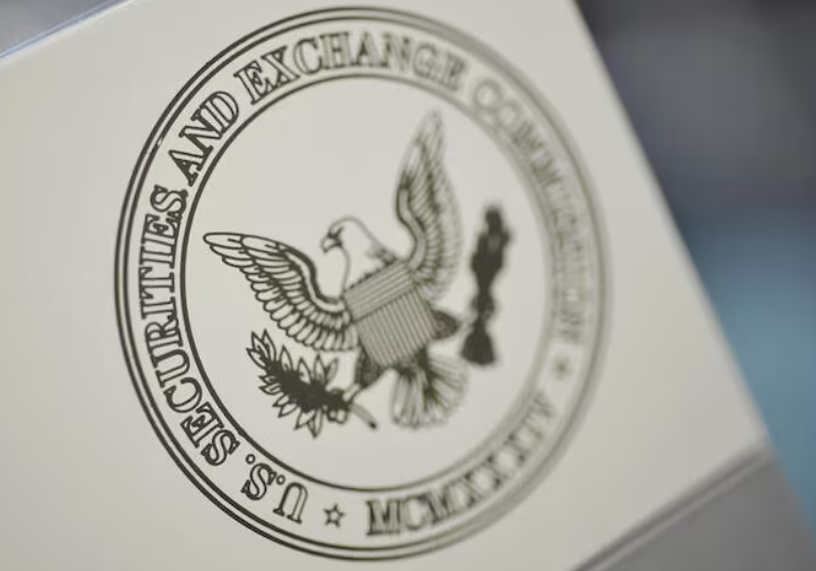Rulemaking at the U.S. Securities and Exchange Commission (SEC) has slowed significantly after a rapid start under President Joe Biden. The agency now faces a challenging legal landscape marked by adverse court decisions that restrict its oversight of the $27 trillion private funds industry, criticize its economic rationale for new share buyback disclosures, and limit its ability to punish wrongdoers.
The SEC has also grappled with Supreme Court rulings that diminish federal agencies’ powers to interpret ambiguous laws or issue significant rules. As a result, SEC officials are reconsidering their rulemakings and some enforcement actions to better withstand legal challenges, according to sources familiar with the agency.
SEC Chair Gary Gensler acknowledged that the SEC must adapt when courts rule against it, and the current adjustments have become more apparent. Reuters identified over a dozen rules led by Gensler—including those on private funds, climate change, and diversity—that have been overturned, delayed, or are now uncertain due to ongoing legal challenges.
These legal hurdles hinder the SEC’s ability to implement crucial safeguards, especially in an election year that could shape Gensler’s legacy. Republican presidential candidate Donald Trump has promised to fire Gensler and reduce regulations if he wins the upcoming election.
“When the SEC does act, it will have to work harder to justify its position and will encounter more skeptical courts,” said Jill Fisch, a law professor at the University of Pennsylvania. “This environment will limit what any agency chair can accomplish.”
While many agencies face legal challenges from conservative and industry groups, Gensler has achieved some notable victories. He has successfully implemented significant rules regarding blank check companies, stock pricing, trade settlements, and Treasury markets. An SEC spokesperson highlighted these reforms as lasting improvements for capital formation, investor protection, and market resilience.
After his appointment in 2021, Gensler quickly pursued an ambitious agenda aimed at enhancing transparency and reducing conflicts of interest on Wall Street. In 2022, the SEC proposed 30 new rules, the most in any year since the 2008 financial crisis. However, these proposals faced immediate backlash, with groups like the Chamber of Commerce and the Managed Funds Association (MFA) suing to overturn several rules, claiming they were unjustified or exceeded the SEC’s authority.
Bryan Corbett, CEO of the MFA, expressed disappointment that it took multiple court challenges for the SEC to moderate its rulemaking pace. He emphasized the need for more careful rule development.
The Fifth U.S. Circuit Court has already struck down stock buyback disclosures for lack of economic justification and ruled against the SEC’s authority over private funds transparency. These decisions undermine the SEC’s capacity to adopt other proposed rules, including regulations surrounding investment advisers’ use of AI, outsourcing, and cybersecurity measures.
In response, the SEC plans to re-propose its AI rule and another regarding funds pricing. The Chamber of Commerce has flagged potential litigation risks for the “swing pricing” rule, while investors have indicated they may pursue lawsuits as well.
Bill Hulse, a senior vice president at the Chamber, criticized Gensler’s SEC for pursuing “potentially harmful regulations.” In September, Gensler stated that he could not discuss a proposal aimed at promoting corporate board diversity due to a lawsuit challenging a related SEC decision.
SEC staff continually assess public feedback on proposals, and a spokesperson indicated that Gensler is focused on ensuring the agency gets things right. However, enforcement actions are also becoming bogged down. The Supreme Court recently prevented the SEC from seeking fraud penalties through in-house tribunals, leading the agency to drop all malpractice cases in August.
Some progressive advocates, including the group Better Markets, argue that Gensler has compromised too much in response to potential litigants, who are unlikely to be satisfied with half-measures. Although the SEC recently revised a climate change rule due to legal concerns, industry groups have still chosen to litigate.
Luis Aguilar, a Democratic SEC commissioner from 2008 to 2015, noted that recent court decisions will impact the agency, but it remains too early to assess the long-term effects. He expressed confidence that SEC staff would adapt to the evolving legal landscape.

